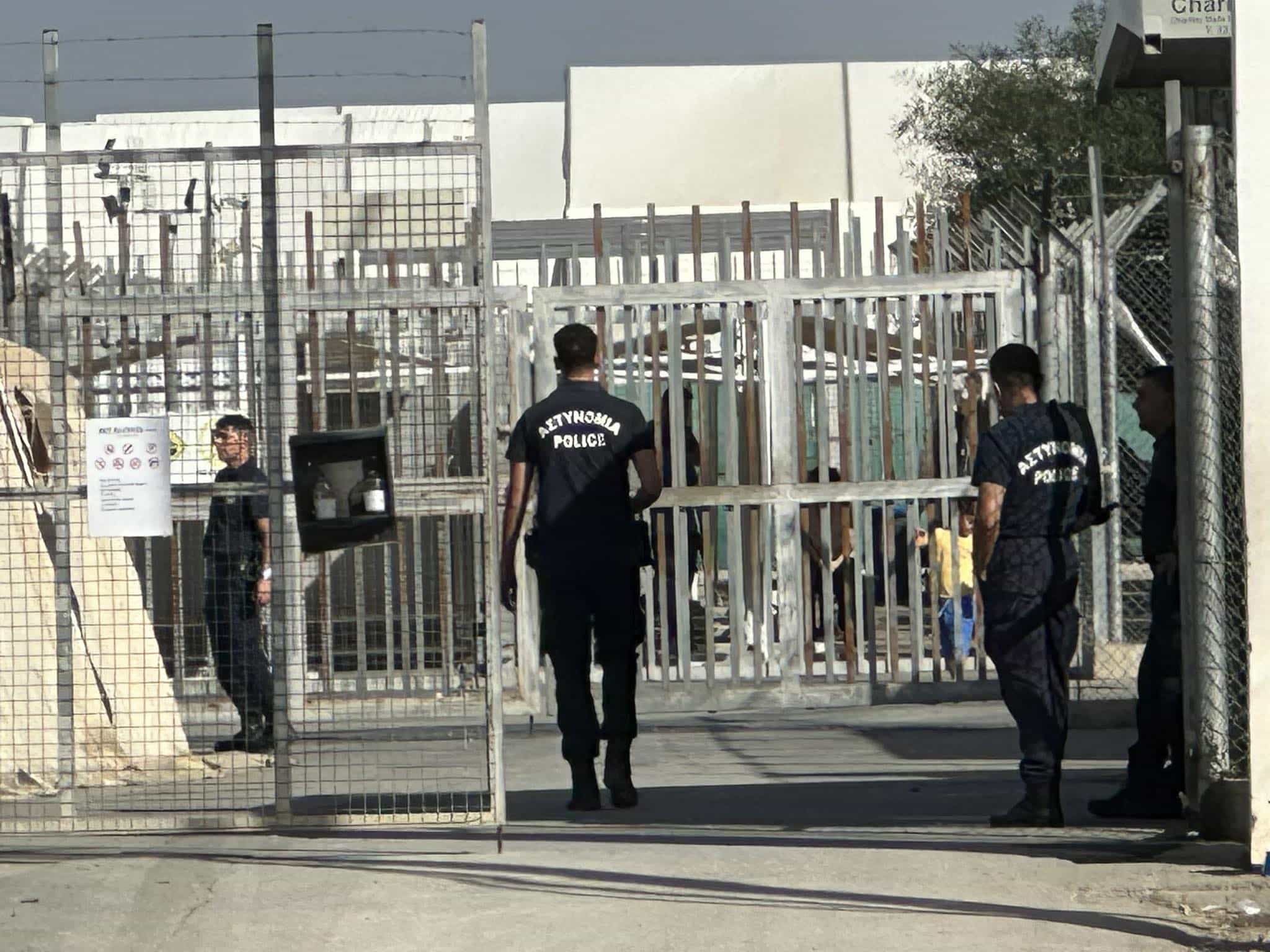More than two dozen unaccompanied minors remain stranded at the Pournara reception centre despite all procedures for their transfer being completed, human rights commissioner Maria Stylianou-Lottides said on Tuesday.
She said their prolonged stay averages 90 days.
Following an unannounced visit to the site last Friday, the commissioner confirmed that of the 285 residents at the centre, 74 were minors, 27 of whom, 15 boys and 12 girls, were unaccompanied.
Previously, unaccompanied minors were swiftly relocated to dedicated facilities after their paperwork was processed.
However, since last November, this has ceased, leaving them in a facility not designed for their long-term care. Some have been stuck there for over 120 days.
The commissioner stressed that this situation violates international child protection laws.
Best practices dictate that unaccompanied minors should be housed in age-appropriate settings, such as residential homes or foster families. Detaining them in closed centres simply because they are migrants or separated from their families is unjustifiable.
She further underlined the need for swift access to education for asylum-seeking minors, with schooling beginning no later than three months after their asylum application.
While the centre offers a playground and outdoor sports facilities, the overall environment is unsuitable for children’s development, lacking proper activities, education, and mental health support. The uncertainty surrounding their relocation only worsens their psychological state.
“All unaccompanied children have the right to the same treatment and protection as local children,” the commissioner said.
“Their migrant status should not determine their rights.”
She called for an immediate transfer of these minors to suitable accommodation without further delay.
The commissioner also examined the broader living conditions at Pournara, noting ongoing construction aimed at expanding its capacity from 500 to 1,240 beds, plus an additional 984 beds in an emergency zone.
Currently, the site consists of prefabricated housing, with no remaining tents.
Safe zones accommodate vulnerable women and unaccompanied minors, though one remains vacant due to past damage.
Despite improvements, challenges persist. While essential services, including hot water, electricity, and internet, are available, the emergency zone lacks proper insulation. Although residents receive sleeping bags and blankets, concerns remain about winter conditions.
The centre provides three daily meals, with dietary needs considered, and has medical staff on-site, including a doctor until the afternoon and nurses around the clock.
While the number of residents has significantly decreased in recent years, the commissioner emphasised the need to shorten processing times.
She commended efforts to improve infrastructure but urged authorities to further expedite asylum procedures and ensure that the centre is used only for initial registration, not prolonged stays.
To address these concerns, the commissioner called for immediate action from the deputy ministry of social welfare to transfer unaccompanied minors to appropriate facilities. She also urged closer coordination between the asylum service and welfare services to prevent delays in relocations.






Click here to change your cookie preferences